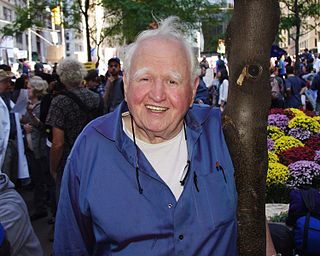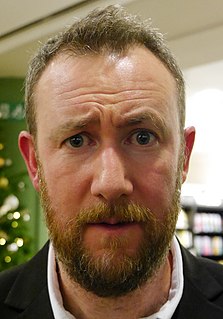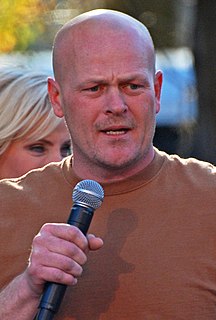A Quote by Vivienne Westwood
Every time I have to look up a word in the dictionary, I'm delighted.
Quote Topics
Related Quotes
If you look in a dictionary, the word 'Indianan' may appear. But the first task, the litmus test as to whether or not someone really is from Indiana or has spent any kind of considerable time in Indiana, is whether or not they use the word 'Indianan,' because no one in Indiana ever uses that term. We refer to ourselves as Hoosiers.
The bold and discerning writer who, recognizing the truth that language must grow by innovation if it grow at all, makes new words and uses the old in an unfamiliar sense has no following and is tartly reminded that 'it isn't in the dictionary' - although down to the time of the first lexicographer no author ever had used a word that was in the dictionary.








































